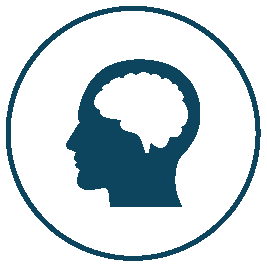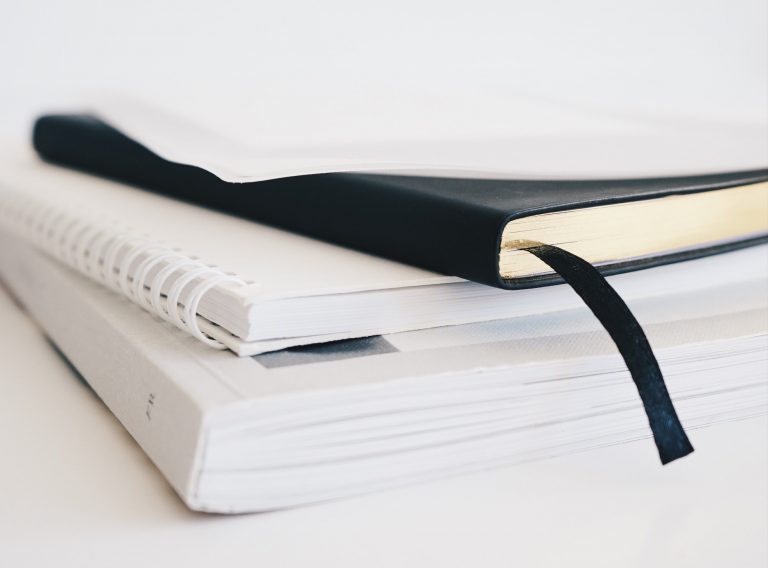While we’re on the subject of efficiency (as we have been over the last few posts), I want to call your attention to the matter of sleep in relation to efficiency.
Most of us know that, in order to function at our best (and, I mean ‘our best’ not only in relation to our work lives, but to our leisure and, indeed, to our down-time), we have to have had enough sleep – and it is not only sufficient sleep that we need, but quality sleep.
But even quality sleep is not enough, in itself, to propel us to the highest altitudes of efficiency and productivity (although it is a very satisfactory start!). In order to function efficiently, we also need, amongst other things:
- To be organised
- To have regular exercise
- To have a well-balanced diet
- To be mentally alert
- To be mentally, psychologically, and spiritually healthy
- To have sufficient leisure time to allow reflection and recuperation
And, in relation to specific tasks, we need:
- To have enough time to do the task at hand
- To be mentally prepared to do the task
- To have the right resources with which to do the task
- To want to do the task
Much else could be added to these lists. But, for now, the purpose of these lists is simply for me to call your attention to the fact that being efficient is not a default state of affairs. It is something we have to think about, plan for, and build into our lives.
Looking at the first three points on the first of the two lists above: you may be organised, you may have regular exercise, and you may enjoy a balanced diet. But can you be mentally alert if you had only four hours of sleep last night?
You might respond that, despite regularly getting only four hours of sleep, as long as you start the day with five cups of coffee, you always feel ready to conquer the world!
That may be the case. And I wish you success in your conquests!
But I would say that, five cups of coffee notwithstanding, with only four hours of sleep you should not be driving an HGV. Or a train. Or even a bicycle, for that matter. There are scientific explanations for how our perception of how alert we are can differ dramatically for how alert we actually are. So, for safety’s sake, don’t be too complacent! Getting enough (good quality) sleep is one of the most important contributors to our alertness (and therefore to our efficiency).
Getting sufficient sleep is one thing, but making sure that that sleep is of good quality is quite another. You may be one of those who gets a regular 8 hours of shut-eye, but nevertheless never feels particularly refreshed when you get up in the morning.
There are many websites that give advice on what is known as ‘sleep hygiene’, and so I don’t plan to go into this topic here. But, as a starting point, I’d like to suggest that you take a look at the Sleep Foundation website and, in particular, its pages on Sleep Hygiene and on Circadian Rhythms.
The page on circadian rhythm explains the link between your sleep cycle and your biological clock and, towards the bottom of the page, offers a few suggestions for maintaining a healthy circadian rhythm (and enhancing your sleep).
The Sleep Education website is also a very useful resource and, in particular, the section on Healthy Sleep.
In a future post, I will be discussing how you can plan your work/leisure/sleep programme by harnessing your circadian rhythm to your advantage.
The process of surrendering to the call of Slumber – and the eight-hour sojourn in Slumberland – is, for some, a voyage of delight. But, for some, both the process of getting there and the sojourn itself, are filled with angst, obstacles, and (both literally and figuratively speaking) nightmares.
If, for you, the voyage into and through Slumberland is one with delight, I offer you my envy! If, on the other hand, you are one of those (as I am) who have to constantly negotiate your relationship with Sleep, what I can say is this: it is worth the trouble and the effort.
I wish you success in managing your sleep and in your strivings to be rested so that you can be efficient – not only in your work, but in organising and enjoying your leisure. If you feel it would help to talk the process through and to get some help in making a plan for improving your sleep, please do message me.
In the meantime, feel free to read more about my approach to counselling, mentoring and life-coaching.



